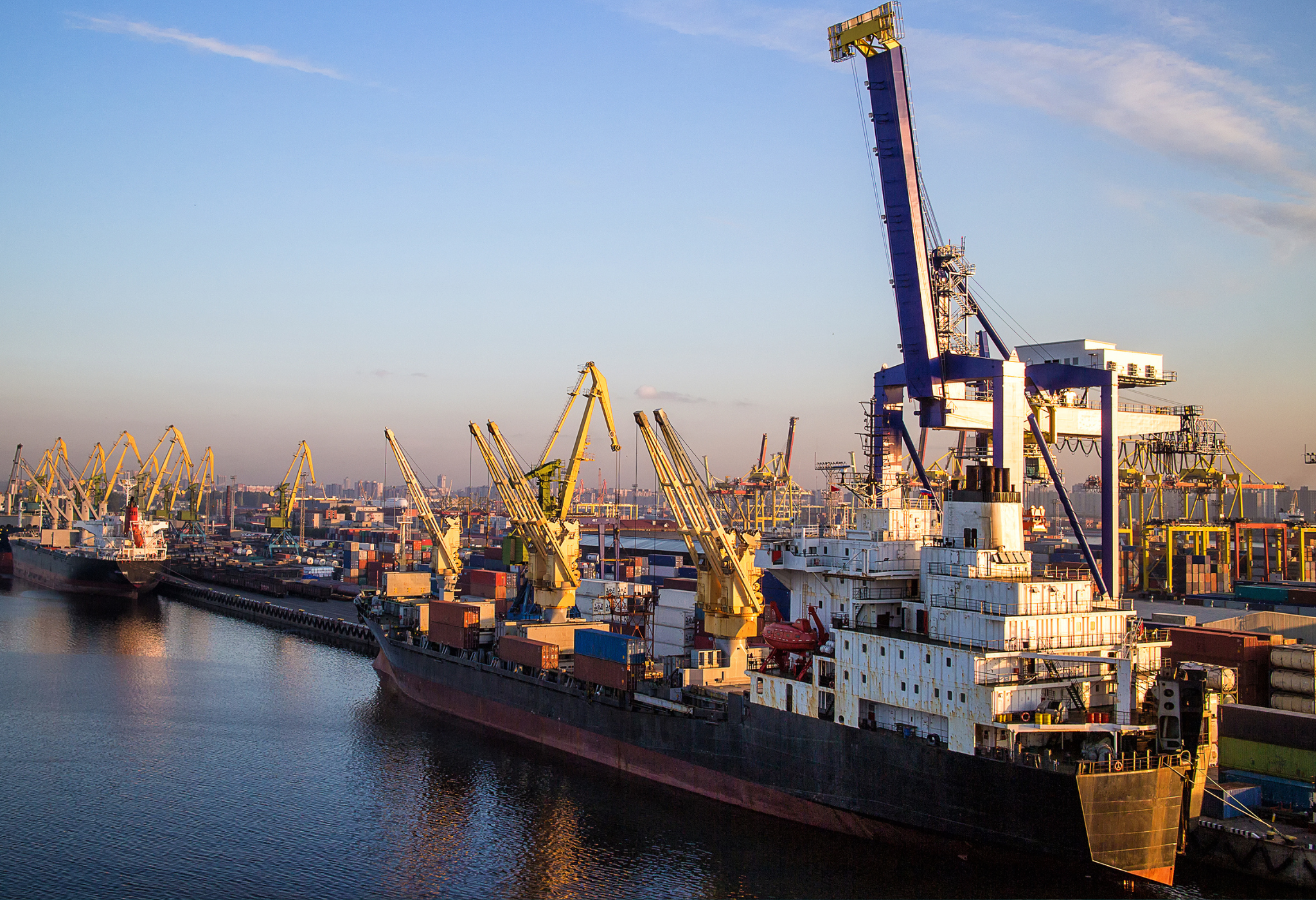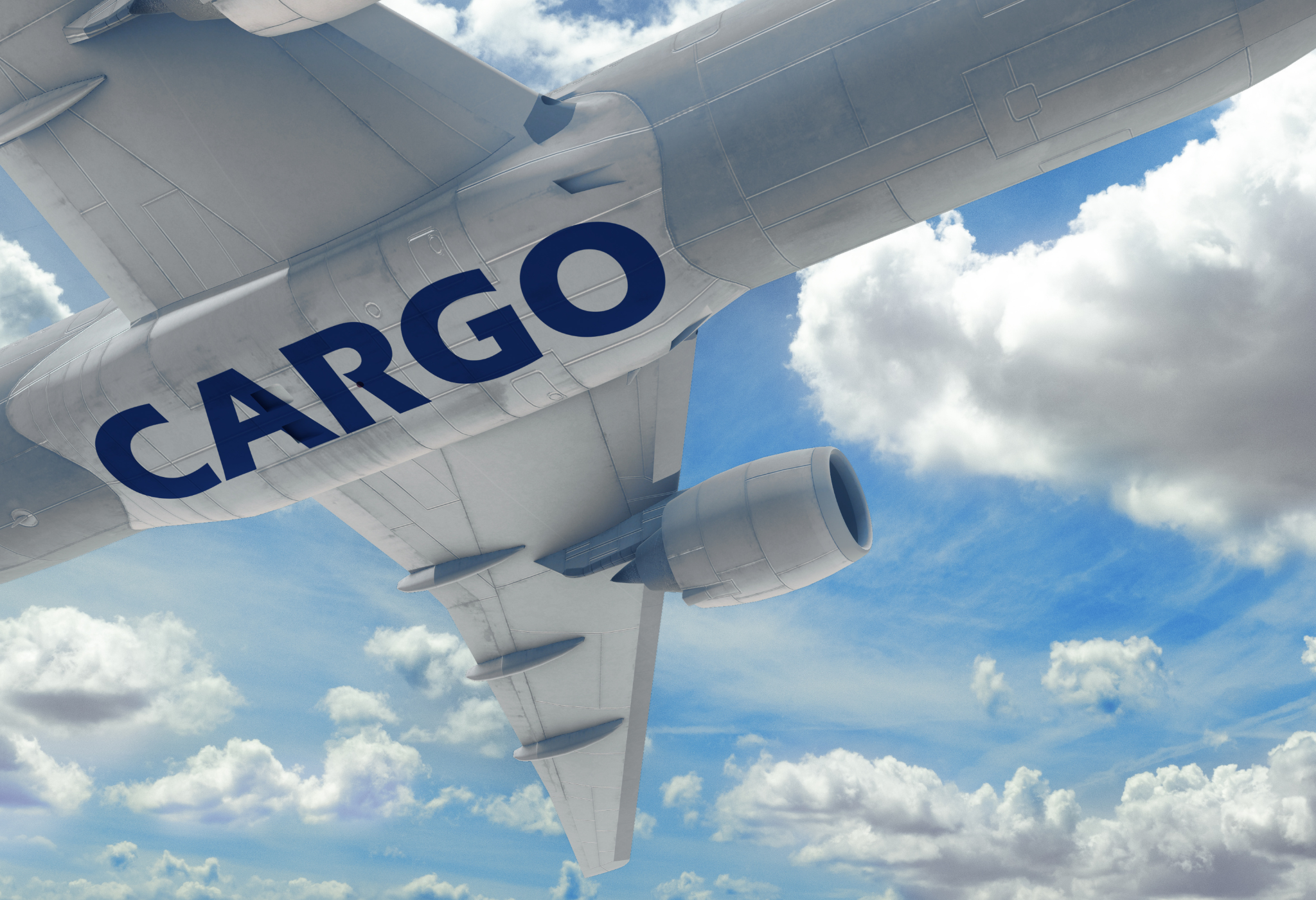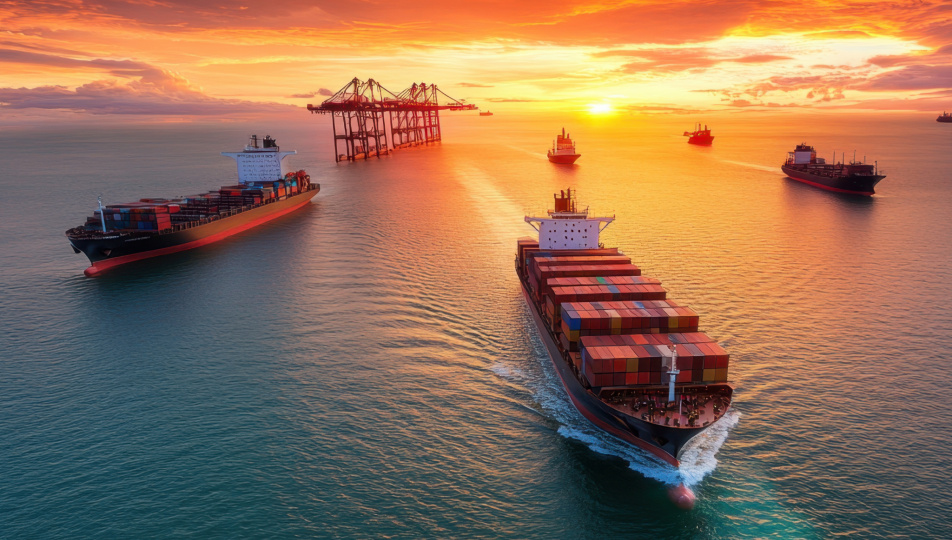At the end of September, shipping company Maersk reported that the situation had calmed down. We are also happy to share good news. Unfortunately, however, it is sometimes short-lived. A few days later, the shipping company itself sent out a forecast of repairs, closures, and complete stoppages of train connections, warning of complications and delays from northern German ports. We already informed you about the closures during the summer; you can find them in the summary below.
The biggest problems are currently reported by
in Antwerp:
After a 10-day strike, the pilots returned to work on Wednesday, October 15, but if their demands are not met by October 24, they will go on strike again. On the same date the strike was suspended, approximately 60 ships were waiting to depart and about 100 to enter the port.
and in Rotterdam:
The port workers' strike began on October 8 and was suspended on Monday, October 13, until Friday, October 17. If the port workers do not reach an agreement with their employers, they will go on strike again.
Let us recall the rule of thumb that one day of port stoppage means one week of port "cleaning."
Other ports and arrival in the Czech Republic before Christmas:
In light of this news, Gdańsk and Hamburg are doing relatively well.
Unfortunately, this may change, because, as we explained earlier, stopping or slowing down one cog affects the entire machine. Add to this the planned closures, which will have a significant impact on transport to and from northern German ports:
October
October 26 – November 8, 2025: Elbe Valley, complete closure, detours via Cheb/Schirnding, Horka, partially Passau. Limited services: northern German ports, Rotterdam, Duisburg <-> CZ, SK, HU, AT, Balkans
November
13.11. – 16.11.2025: Elbe Valley, every day 08:50 – 18:50, detours via Cheb/Schirnding, Horka, partly Passau. Limited services: Northern German ports, Rotterdam, Duisburg <-> CZ, SK, HU, AT, Balkans
December
December 1–10, 2025: Elbe Valley, complete closure, detours via Cheb/Schirnding, Horka, partially Passau. Limited services: northern German ports, Rotterdam, Duisburg <-> CZ, SK, HU, AT, Balkans

AND THE RESULT?
Short version: considerable delay
Longer version:
If a shipowner cannot enter the port, whether to unload or load, they will react immediately in one of two ways:
-
Waiting in front of the port or
-
The port will be completely omitted.
In the first case, there will logically be delays in arriving at other ports along the route, as well as in returning to the Far East, America, or wherever its service begins and continues.
In the second option, on the other hand, the containers destined for this port will remain on board, and the containers destined for the ship will remain in the port.
The development then splits into two branches again:
2a. The containers are stored elsewhere
2b. The ship returns to the designated port
In the first option, it is necessary to reorganize and reorder subsequent shipments for imports, while for exports, it is necessary to arrange for booking on another ship. The replacement port thus gains additional capacity, and operations there also become congested due to the unplanned extra volume. The organization of subsequent shipments is then hectic, because no one anticipated the volume.
In the second option, it is a pure delay. In practice, we can sometimes see combinations of the two.
It is probably unnecessary to emphasize that these delays or changes then affect and delay other ships and containers in the queue, both in the import and export directions.
This is the immediate effect. From a longer-term perspective, shipping companies must respond to maintain at least the appearance of regularity and stability in their services and help with port throughput. This means that as soon as the situation calms down a bit in one port, they will increase capacity or move it in that direction to clear the largest backlogs. Logically, this capacity is then lacking elsewhere. The snowball effect suddenly turns a local problem into a global one.
OCEAN TRANSPORT FROM THE FAR EAST
Golden Week is behind us. China is slowly picking up speed, and with it, price contours are beginning to emerge. While shipowners called for a price turnaround, many expected the price decline to continue. For now, it seems that the shipowners' wishes are being fulfilled, albeit not to the extent they had imagined. However, this is nothing unusual; we know this game well. Those who have eSTONE can track the statistical price development of their shipments in different periods and compare them with us.
Suez
The end of the war in Gaza should hopefully bring relief and calm to the entire region. But rescheduling services is not a matter of a day or a week. At the same time, as has been mentioned several times, a return to Suez would further complicate the situation in European ports. The return of all services by lifting the floodgates is therefore not on the agenda. We expect a gradual return instead. We will certainly monitor the services that will use the canal and bring the much-anticipated reduction in transit times.
"Chinese USTR"
The trade war between China and the US has flared up again. In our newsletter, we informed you about the introduction of fees on Chinese ships in US ports. China has responded with countermeasures, and American ships will now have to pay in Chinese ports. Although there are few of them, China has redefined the group of ships affected, and according to the latest reports, the measures and increased costs will also affect container ships.
RAIL TRANSPORT FROM THE FAR EAST AND TURKEY
We have good news from the rail transport sector. Following the opening of the border between Belarus and Poland, the situation has stabilized and the container congestion has been resolved and cleared. Trains from China are departing on time and transit times are stable. Standard service ranges from 16 to 18 days from terminal to terminal.
Service from Vietnam via China is around 45 days door-to-door.
The alternative southern route bypassing Russia and Belarus did itself a disservice in the spring, and customers are not rushing back. Services are therefore few and far between and only FCL, but it will certainly still fulfill its role as an alternative for goods under sanctions, and we regularly monitor this route for you. At the moment, apart from the lack of services, it is in good condition.
The good news is that a new railway terminal in Turkey should start operating in the coming weeks. Kocaeli, which is closer to the Asian side, will be added to the existing Halkali in the Istanbul area and should thus optimize time and costs from the eastern side of the Bosphorus.
AIR TRANSPORT
Strikes in Belgium
Trade union strikes in Belgium are also affecting air transport. The busy Brussels airport grounded all flights on Tuesday, with no one available to handle or scan goods, resulting in a complete standstill.
The same information applies here as for sea transport—strikes may resume, and it is good to keep this in mind when planning air shipments.
Rates
As in sea transport, import rates from the Far East are rising. This is not so much an effort on the part of airlines as a logical annual development and the result of increasing demand. The difference is in speed. We are referring here to the rate of increase in rates rather than the speed of transport. You place an order one day, and the next day, when you get on the plane, the rate is higher.
On the other hand, air shipments to Japan and Australia are favorable in terms of price, and we can offer you promotional rates, but the situation is good in terms of exports to virtually the entire Middle and Far East.
With the end of the month approaching, the end of the summer flight schedule is also approaching, and as every winter, capacity on the market will decrease.

Alternative solutions for larger shipments
For customers considering shipping larger shipments from the Far East, there are alternatives in the form of:
1) Combined truck/air transport
This is intended more for shipments over 1 ton with a door-to-door transit time of approximately 22 days. More information here (https://rychlost.wakestone.cz/#truck-air)
2) Direct truck.
This is not a mass solution like sea transport. But direct tractor transport also has its merits. Especially where air transport is too expensive and rail transport is impossible, for example due to sanctions or when you are "playing for days." The standard transit time is between 20 and 25 days. Due to increased interest and the number of shipments during the closure of the Polish-Belarusian border, the transport time has increased slightly (up to +10 days). This is mainly due to checks at the Lithuanian border, which has a limited capacity of 50 trucks per day.






